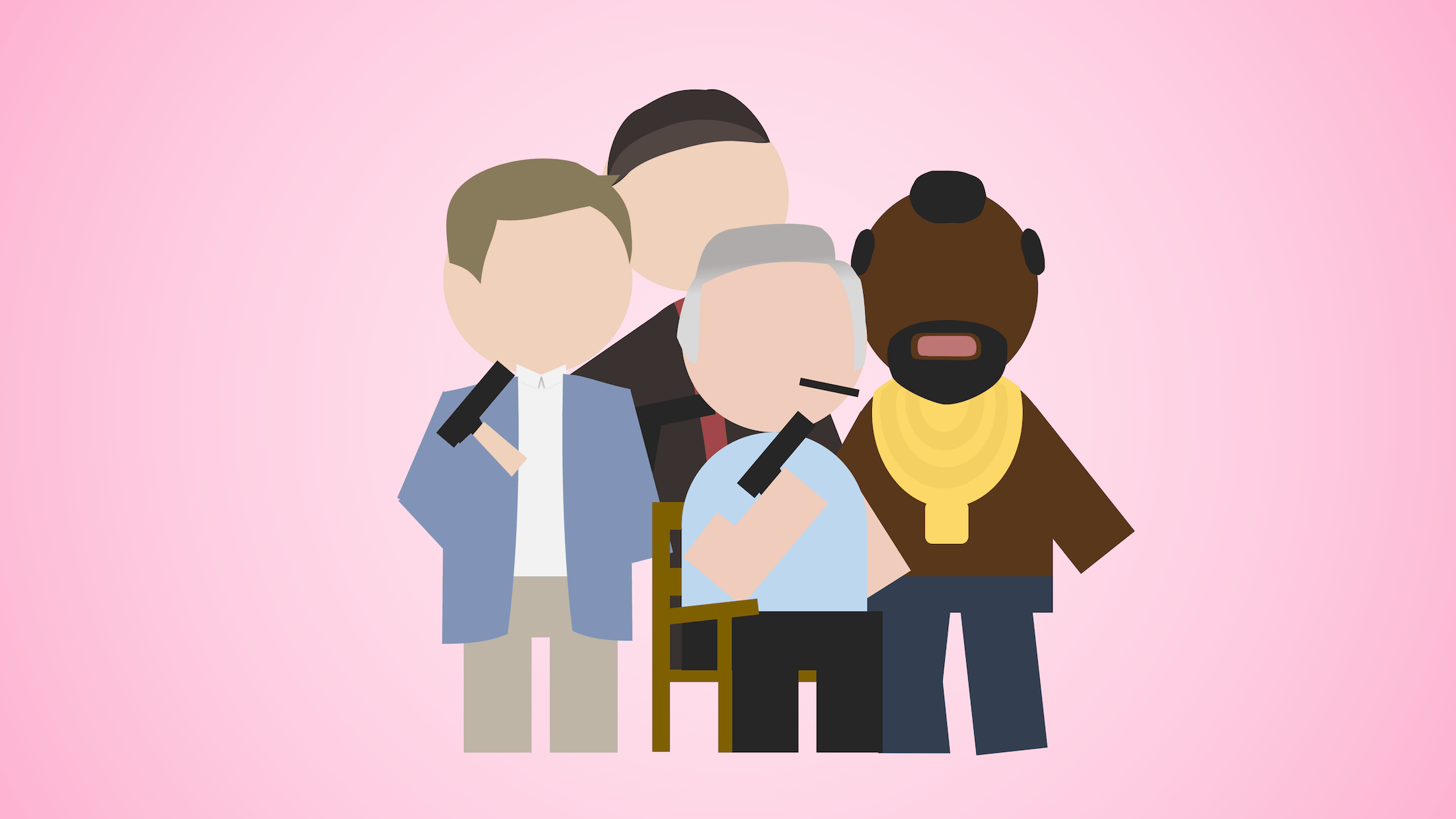Teamwork quality and project success in software development: A survey of agile development teams

A team can be greater than the sum of its parts if its members work well together. Lindsjørn et al. conducted a survey with a large number of teams to understand how teamwork quality affects the ability of teams to deliver products effectively and efficiently, and the effect it has on work satisfaction and learning on the job.
It’s often said that good teamwork is what sets good teams apart from mediocre – or even bad – teams.
Good teamwork benefits the team: a well-oiled team can meet product quality expectations from customers (effectiveness), and do so within time and budget expectations (efficiency).
But good teamwork also might benefit team members. Being part of a good team may result in better work satisfaction and more opportunities to gain new skills and knowledge.
The idea that teamwork quality affects the performance of the software team as a whole and the success of its individual members is not new: the theoretical rationale and supporting empirical evidence were originally described by Hoegl and Gemuenden (2001).
Hoegl and Gemuenden see teamwork quality (only) as the quality of interactions between a team’s members. It can be subdivided into six subconstructs:
-
The quality of communication may differ in terms of frequency and formalisation. High-quality communication occurs often, takes time, and is preferably spontaneous. Communication also needs to be open, which is often achieved by placing agile team members close together in open-plan offices.
-
Coordination is management of dependencies between activities. In agile teams this typically happens while planning the next iteration. The actual activities (tasks within user stories) are either designed for or selected by one or more team members.
-
Each team member will typically have their own areas of expertise. If dicussions about project decisions are dominated by a small group this may demotivate other team members, thereby hampering overall team performance. Daily meetings help maintain balance of member contribution.
-
Teamwork requires collaboration, which cannot happen in competitive environments. Mutual support in the form of assistance, recognition of other team members’ contributions, and collective ownership help a team work towards a common goal.
-
Good team results require effort. But not just any effort: team members should prioritise team tasks over their own tasks. This is often perceived to be one of the most important factors for better team performance.
-
Team cohesion says something about “the tendency for a group to stick together and remain united in the pursuit of its goals and objectives”, and has a very strong impact on team performance.
The teamwork quality of a team can be measured using a survey that consists of statements about each of these subconstructs that can be answered on a Likert scale.
The survey also includes questions about work satisfaction, learning opportunities, and team effectiveness and efficiency to determine the perceived impact of teamwork quality on teams and individuals.
The study is a replication of the 2001 one, but with a twist: whereas Hoegl and Gemuenden studied traditional (waterfall-based) teams, the authors of this paper studied .
The survey was completed by 477 project leaders, product owners, and “regular” team members from 71 teams in 26 companies that had used a agile methodology for at least one year, during which they have delivered software to a customer at least once.
Overall survey results are similar to those of the original survey.
Both team leaders and members believe that teamwork quality – especially mutual support – significantly affects team performance. Product owners on the other hand don’t believe such effect exists.
Only team members were asked about their perception of team members’ success. Respondents agreed almost unanimously that teamwork quality affects team members’ success.
Given that agile methodologies put a lot of emphasis on communication, one would expect that project leaders, product owners, and team members would have fairly aligned views on the effects of good (and bad) teamwork quality.
Results show that there’s actually less consensus than among non-agile respondents in the original survey:
-
Product owners may be more likely to consider product quality from the customer’s point of view, whereas team leaders and members may emphasise a product’s internal quality;
-
Team members tend to focus mostly on project quality within iterations, which makes it easy to miss overall lead time and costs (besides development).
These differences are possibly due to or the abundance of documentation and reporting in traditional software process methodologies.
Either way, differences between the views should be taken into account when making efforts to improve team performance.
-
Team members and leaders believe that teamwork quality has a positive effect on team performance
-
Product owners believe that teamwork quality has a negligible effect on team performance
-
Team members believe that teamwork quality has a strongly positive effect on work satisfaction and learning
-
Teamwork quality does not appear to be (rated) higher in agile teams than in traditional teams


